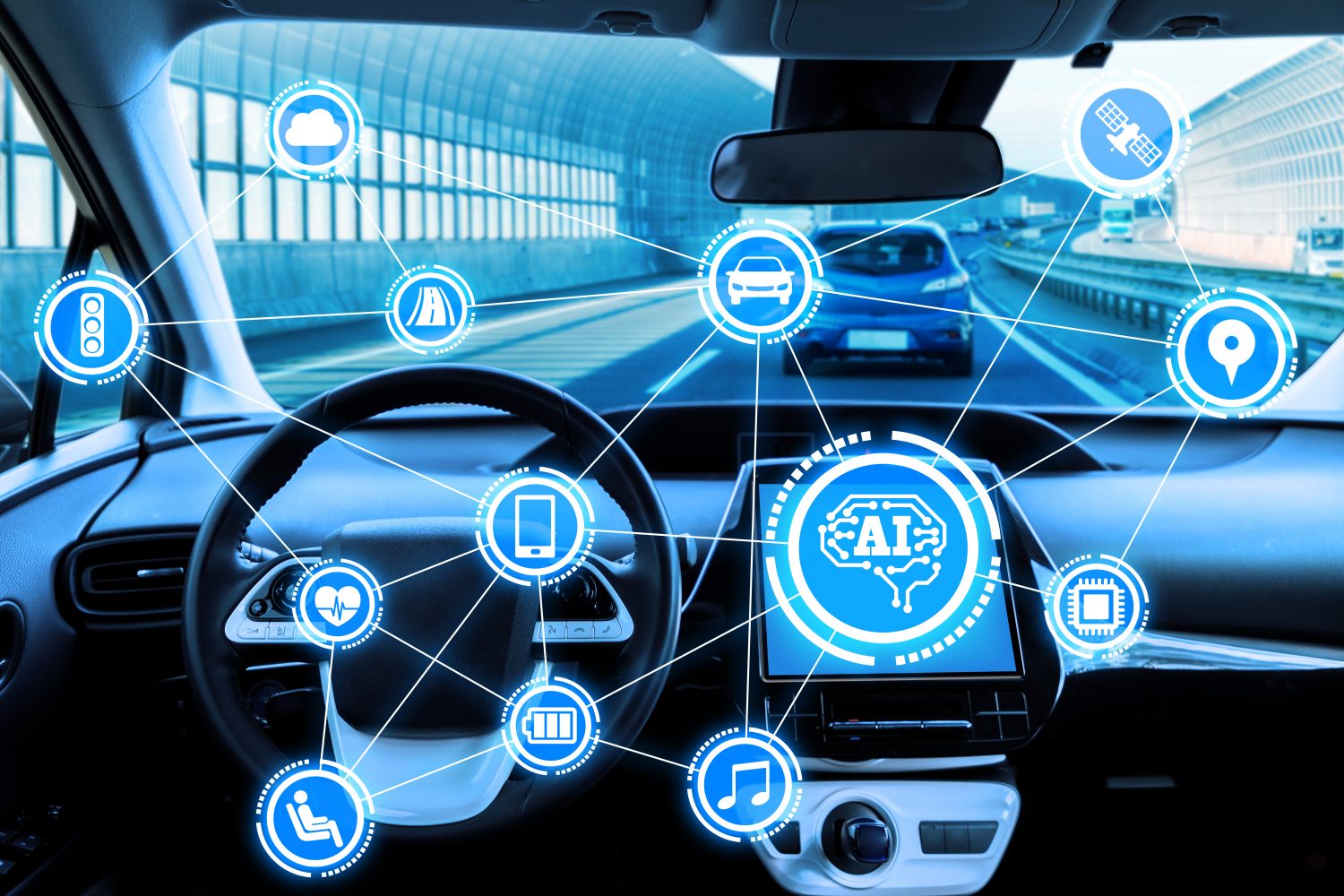
As automakers race to pack vehicles with advanced technology to compete with Tesla, a new study from J.D. Power reveals that not all tech features are hitting the mark with consumers. The study surveyed approximately 82,000 drivers of 2024-model-year vehicles, uncovering a range of opinions on the usefulness and appeal of various in-car technologies.
According to J.D. Power, while many innovative technologies meet customer needs, others are seen as either unnecessary or downright annoying. For instance, passenger screens in vehicles like the Porsche Taycan and Jeep Grand Cherokee received a lukewarm reception. With only 10% of vehicles carrying a front-seat passenger daily, these screens are often viewed as redundant.
Gesture controls, which allow drivers to adjust settings with hand movements, also failed to resonate with consumers. Drivers reported issues with functionality, with J.D. Power noting that such features, fingerprint readers, and facial-recognition systems attempt to solve problems that drivers didn’t perceive as significant.
Surprisingly, hands-off highway-driving systems like General Motors’ Super Cruise and Ford’s BlueCruise didn’t win over many drivers either. Despite the appeal of a more autonomous driving experience, consumers found these systems only marginally more useful than hands-on alternatives. However, features like reverse automatic emergency braking and blind-spot cameras, which address clear safety concerns, were more widely appreciated.
The study also highlighted smart climate control as a popular feature, especially for those who use artificial intelligence to adjust cabin conditions based on external factors, such as sunlight.
According to J.D. Power, Tesla, Rivian, and Genesis emerged as the top brands for tech innovation for those seeking the cutting edge in automotive technology. However, it’s worth noting that despite earning high marks, Tesla, Rivian, and Polestar aren’t officially ranked due to incomplete registration data.
As automakers continue to refine and introduce new technologies, acceptance of advanced features may grow over time. But for now, the study underscores the importance of balancing innovation with practicality in the automotive industry.
